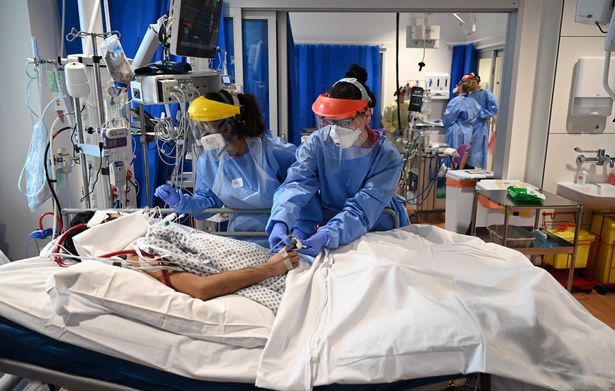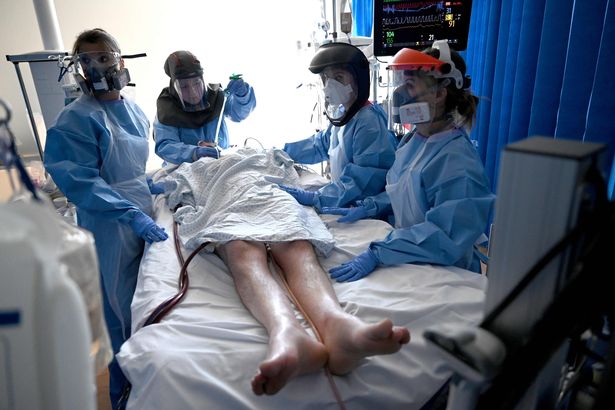Many commentators are saying Covid-19 will be with us for some time. Indeed, I believe it’s with us for good. We just have to learn to manage it and live with it. Safely.
But something else that will stay with us for some time is the complications of Covid-19. Respiratory symptoms in particular could last a long time.
Emily Fraser, an Oxford University consultant physician, recently set out the picture of Covid-19’s long-term illness in the pages of the BMJ.
As yet we don’t even know the extent of the long-term complications of the virus. But we’re aware that many patients still have chest symptoms months after their initial illness.
The NHS identifies potential problems such as chronic cough, fibrosis of the lung (scaring after pneumonia), bronchiectasis, and pulmonary vascular disease. This picture is a reflection of the acute Covid illness, plus features of SARS in 2003.

Persistent impairment of lung function is commonly seem in SARS and MERS, two other Covid viruses.
It’s suspected that high pressure ventilation could be a factor in lung fibrosis and scarring. But coronavirus also attacks the lining cells of tiny air sacs causing severe pneumonia.
This is seen too with other viruses such as herpes viruses. As we get older repair of these crucial lining cells becomes haphazard and may lead to scarring and fibrosis.
Treatment often targets inflammation because inflammation can lead to fibrosis too. Whereas the benefit of steroid medication dexamethasone in severe Covid-19 has recently been established, high dose steroids were given routinely to patients with SARS.
To track long-term complications, the British Thoracic Society recommends a chest X-ray after three months for all patients admitted to hospital with Covid-19.

Those who have had moderate or severe disease with persistent symptoms should be investigated further.
To this end, 10,000 ex-Covid-19 hospital patients will enter a recently launched study to identify the medical, psychological and rehabilitation needs and to build up a picture of the longer-term effects.
Patients report fatigue, exercise intolerance and poor concentration which can all be troublesome.
But we have no coordinated plan to look after these patients, and doctors, physiotherapists and psychotherapists are likely to be needed. Many UK centres have yet to establish these services.
GPs could provide first-line investigations such as chest X-rays and blood oxygen saturation measurements, with referral to a specialist where needed.
GP care teams should be considered for patients with complex symptoms.
There’s no doubt we need a comprehensive programme supporting investigation and caring for such patients with regular monitoring and being alert to the fact they may require referral for specialist management.
